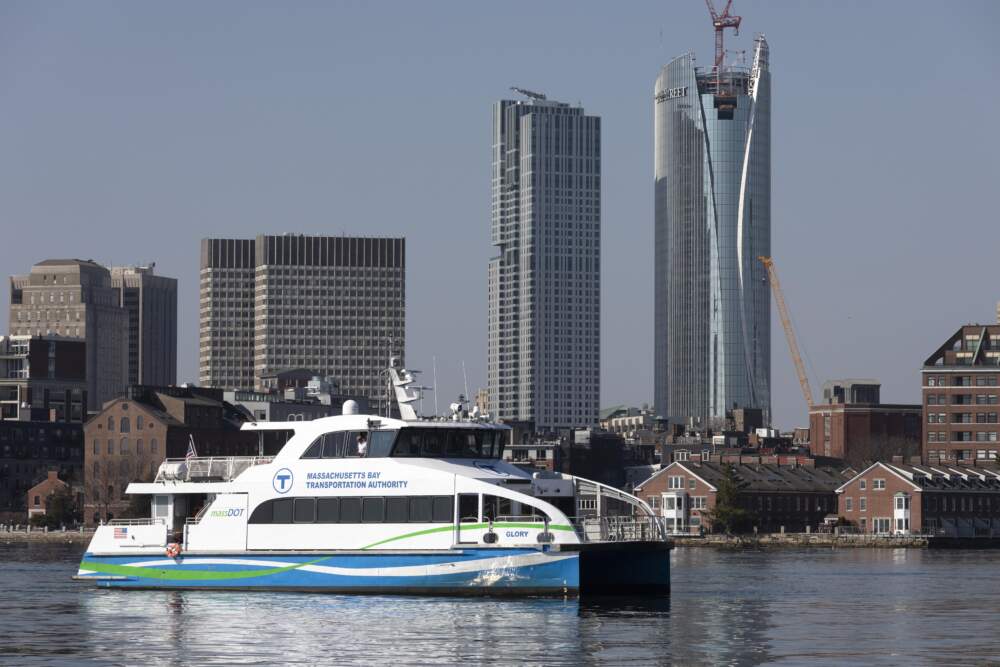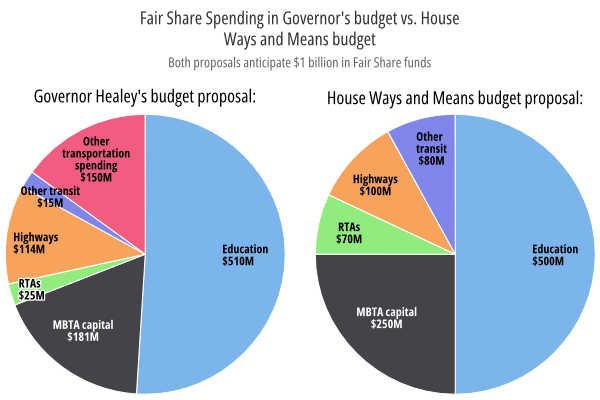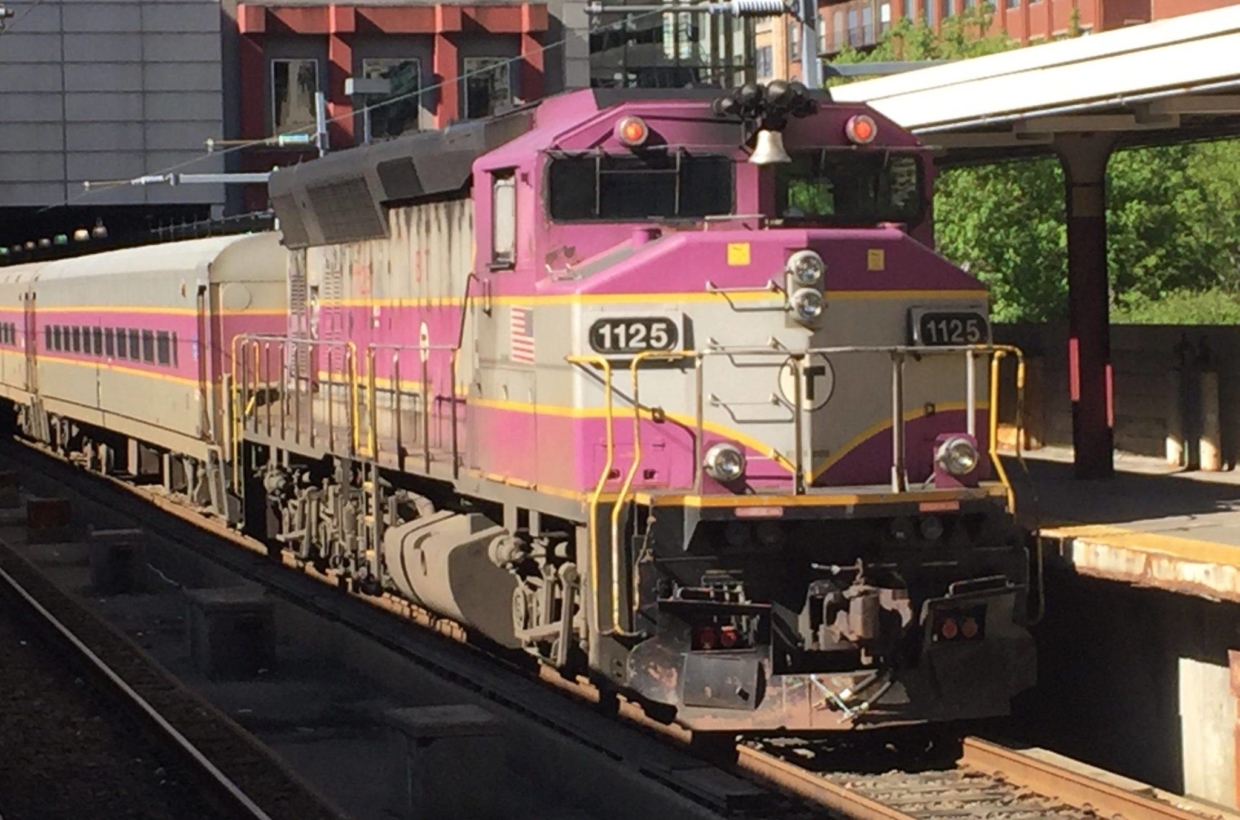HenryAlan
Senior Member
- Joined
- Dec 15, 2009
- Messages
- 4,186
- Reaction score
- 4,458
I haven't seen any detailed analyses, but the rule of thumb seems to be that staffing is the major driver of operating costs, which is to say fuel is not. What is the staff requirement for a late evening train? Two people*, right? So the cost for one hour of an engineer and one conductor is likely more expensive than the fuel cost. So again, the fuel isn't too expensive. By far the largest cost is amortization of capital spending. And that happens whether or not you run the train. I can't imagine the marginal cost for running one extra train is that significant, nor that very many passengers would need to ride in order to make up that amount, plus cover some of the amortization costs.I mean, trains, even diesel trains, are shockingly fuel efficient. (Also, as far as I can recall, no one has used fuel costs as the justification for cutting service.) Likewise, IIRC, the weight of a train derives primarily from its passenger load, so, insofar as fuel costs do contribute, they’ll be lower in off-peak.
* I know it's a simplification to only count the train crew, but I'm not sure what percentage of dispatch, maintenance crew, etc. is required for a single train from South Station, particularly if it can be handled by the existing late evening staff.





